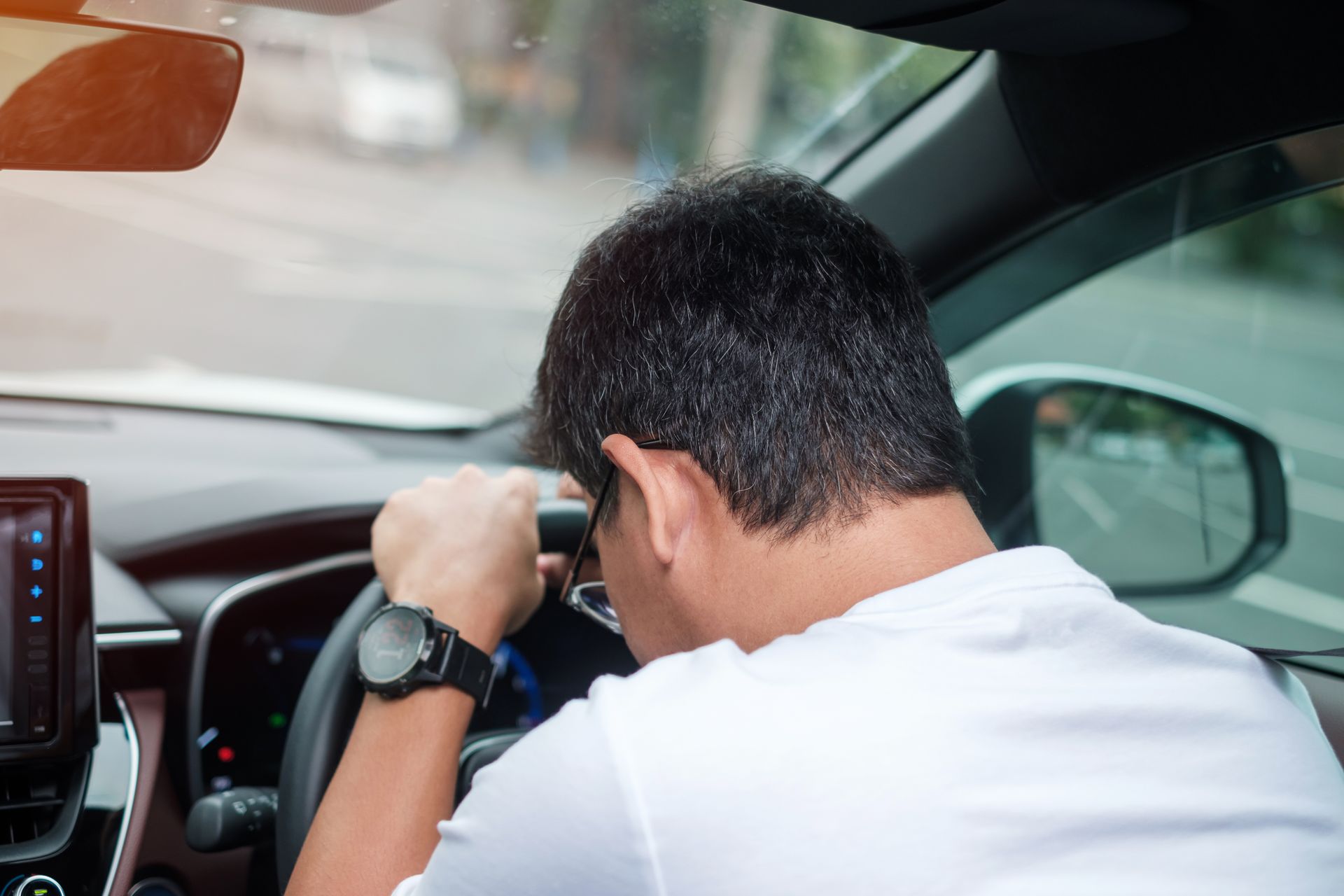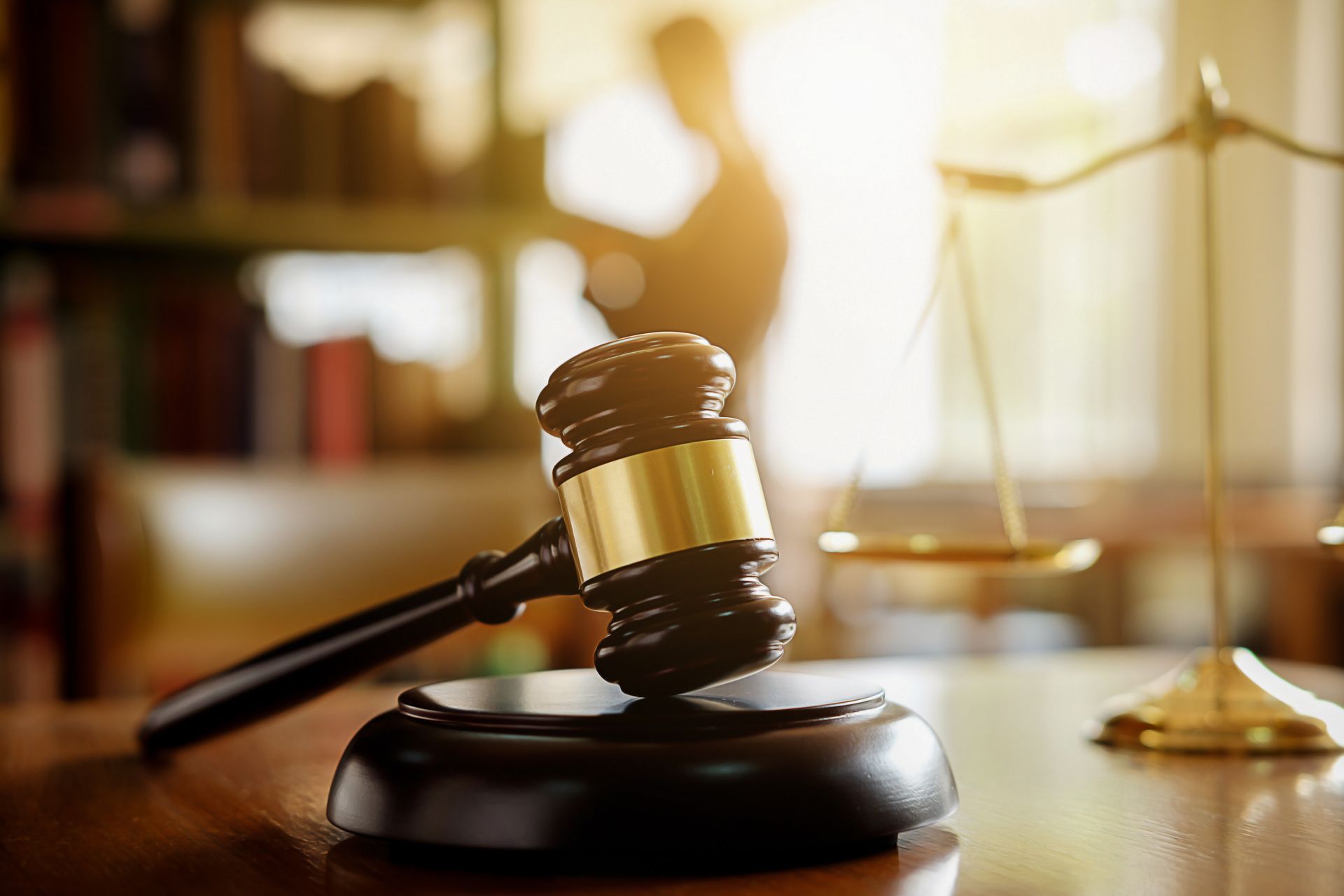RELIABLE EXPERIENCE YOU CAN COUNT ON
Missouri DWI Laws
The Missouri DWI Laws impose severe penalties. Previously, only the most recent ten years of your driving history were relevant in DWI cases, but now your entire driving record is taken into consideration.
Missouri Expungement Law
A new Missouri law allows for certain past felony and misdemeanor convictions to be removed from your records. Criminal records of DWI, minor in possession of alcohol, and arrests based on false information may be expunged through the court's legal process. The law may entitle you to an expungement, but only if you take action. Please call us at
(816) 421-7755!
Expungement means that your criminal record for the expunged crime is legally destroyed, blacked out, or removed from computer files. Essentially, it's as if it were never on your record. You can qualify for an expungement in Missouri if you were arrested but not charged and if you do not have any other misdemeanor or felony convictions on your record. If you had a DUI or DWI pleaded down to a lesser offense, then your chances of having your DUI or DWI expunged from your record.
DWI Consequences
First DWI Offense
Conviction of a first DWI is a Class B misdemeanor.
- JAIL: Up to a maximum of six (6) months imprisonment.
- FINE: Up to $500.00. Court costs may also be between $10.00 and $100.00.
- PROBATION: The general terms of probation are no drinking, do not break the law, attend SATOP classes, etc. Probation length is usually for 1 to 2 years. A conviction with probation is commonly referred to as a "Suspended Imposition of Sentence" or SIS.
- SUSPENSION OF DRIVING PRIVILEGES: A criminal conviction of a first time DWI results in a 30 day suspension of driving privileges followed by a 60 day restriction to driving only to and from work, in the course of employment, or to an alcohol treatment program. There are no hardships or exemptions available. This suspension goes on the person's driving record. The court may also require that a person be restricted to driving a motor vehicle which has an ignition interlock device while on probation. The device costs $50.00-$100.00 to install and $50.00-$100.00 per month to maintain. A conviction will also result in 8 points being assessed against the driver's license.
Second DWI Offense
Conviction of a second DWI within a five year period is a Class A misdemeanor.
- JAIL: Up to a maximum of one year in jail.
- FINE: Up to $1,000.00, plus court costs of between $10.00 and $100.00.
- PROBATION: Only after a person has served a mandatory minimum of 48 hours of incarceration are they eligible for probation. The jail requirement may be waived in lieu of doing 100 hours of community service. The terms of probation are standard: no breaking the law, no drinking, no going to places where alcohol is served, attend SATOP, etc. Court ordered AA meetings, outpatient treatment, or inpatient treatment programs are also a possibility. Probation will often be for a one or two year period.
- REVOCATION OF DRIVER'S LICENSE: A criminal conviction of a second time DWI within 5 years results in a five (5) year revocation of driving privileges. A hardship license may not be applied for until 2 of the 5 year revocation has been served. This suspension goes on the person's driving record. Twelve points are assessed against the driver's license regardless of how old the first DWI conviction was. The court must also require that a person be restricted to driving a motor vehicle which has an ignition interlock device while on probation. The device costs $50.00-$100.00 to install and $50.00-$100.00 per month to maintain.
Third or Subsequent DWI Offense
Three or more DWI's within your lifetime may mean that the driver is eligible to be charged as a Class D Felony (Third charge lifetime), Class C Felony (Fourth charge lifetime) and Class B (Fifth or more charge lifetime). There will also be a 10 year denial of driving privileges.
- JAIL: Up to five (5) years in prison on a Class D, Up to seven (7) years in prison on a Class C; Minimum of 5 years up to 15 years in prison on a Class B.
- FINE: Up to $5,000.00, plus court costs of between $10.00 to $100.00.
- PROBATION: Missouri law prohibits a suspended imposition of sentence for a felony DWI. The defendant is then placed on a probation, the length is determined by the severity level of the felony, general 3-5 years.
- REVOCATION OF DRIVING PRIVILEGES: Upon a third or subsequent criminal conviction for DWI, the defendant's driver's license is revoked for 10 years regardless of how old the two prior convictions are. These suspensions go on the person's driving record. If convicted of a felony DWI, no hardship license is available. If the DWI is a third, but not a felony, a hardship license may be applied for after 3 years. The court must also require that a person is restricted to driving a motor vehicle which has an ignition interlock device while on probation. The device costs $50.00-$100.00 to install and $50.00-$100.00 per month to maintain.
Missouri Driver's License Consequences
In a Missouri DWI arrest, there are two separate cases: the court case, and the driver's license case or Administrative License suspension, which is filed by the Department of Revenue against the driver's license. If you are arrested for DWI, you have only 15 days from the date of arrest to have a hearing.
Suspension Penalties
If a Sustain Order is issued after the administrative hearing:
- FIRST TIME FAILURE OF A TEST: For a driver with no alcohol related law enforcement contacts within the previous five years, driving privileges are suspended for 30 days followed by 60 days of Restricted Driving Privilege. The restricted license is available upon showing proof of insurance before the 30 days suspension has expired. The restriction allows a person to drive "in connection with a person's business, occupation or employment, and to and from an alcohol education and treatment program" only. This goes on the person's driving record and stays for five years.
- SECOND AND SUBSEQUENT FAILURES OF A TEST: Driving privileges are suspended for one year. You are not eligible for a hardship license. This goes on the person's driving record and stays for five years.
The administrative hearing and the criminal case are two separate suits. Neither one has any bearing whatsoever on the other. However, if you are suspended pursuant to one, that suspension will be run concurrently with a suspension in the other. So, if you lost at the administrative hearing and at trial, and it was your second time DWI, you would only be suspended for one year total. But, your driving record will reflect two separate suspensions for the same arrest.
Appealing a Suspension
You have the right to appeal the administrative suspension of your drivers licence to the circuit court of the county that you were arrested in. A petition for review of a license revocation must be filed within 15 days of the date that the suspension was mailed by the court. If an appeal is taken, the matter is heard anew by a judge in a courtroom and the administrative hearing is treated as though it never happened. These appeals are usually handled by the Department of Revenue.
DWI Charges
If you are charged with DWI in and or around Kansas City or in Missouri, you should consult with an experienced drunk driving defense attorney. Many times Missouri is very tough on a DWI, and the issue is serious enough that having an experienced DWI defense lawyer is necessary in order to protect your rights. Your driver's license could be suspended or revoked if you don't take action within 15 days of your arrest if the results of your test were above Missouri's prohibited level (.08%, age 21 or over; .02%, under age 21) or if you refused to take a breath, blood or urine test after being arrested for DWI in Missouri. Do not wait to contact us for a free consultation.
Missouri Hardship License
If your licence has been revoked for convictions or a chemical test refusal, you may be eligible for "Limited Driving Privileges", commonly known as a hardship license. You may apply for a hardship license to either the circuit court of your county of residence or the Director of Revenue. A hardship license may not be granted for the following reasons, including the fact that you have been convicted of a felony involving the use of a vehicle, the failure to pay child support, or a suspension in another state. There are also many requirements concerning when a person may apply for the hardship license. For instance, a person convicted of two DWIs within 5 years may not apply for a hardship license until he or she has served at least 2 of the 5 years of revocation. You should consult with a DWI attorney concerning whether you are eligible for a hardship license.



